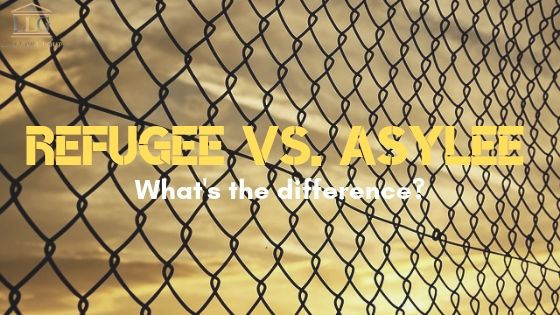Immigration and the Internet

Immigration and the Internet We live in interesting times. Our current government appears to be stressing preventing people from abusing our immigration system over helping people to legitimately immigrate, or even visit. As such, people planning on coming to the United States, and visitors and green card holders here in the United States must be […]
What is a Refugee? What is an Asylee? What’s the difference?

In popular media the terms ‘refugee’ and ‘asylee’ are often used interchangeably. It’s difficult to tell the difference between seeking refuge and seeking asylum. After all, don’t they mean the same thing? When it comes to the specific ways the terms apply in immigration, the answer is no. In this article, we will explain the […]
Can an Immigrant purchase a home?

Home ownership is an integral part of the American Dream, which we are encouraged to work hard towards. Home ownership is a great source of pride in the U.S., and a huge source of gratitude for immigrants. Striving towards home ownership can be considered a way of life for Americans born and raised in the […]
Choose Your Representative Wisely

IMMIGRATION – ASYLUM APPEAL Recently I appeared before the Ninth Circuit for oral argument on a immigration appeal where my client was originally granted asylum, but the case was reopened on a motion by the government and subsequently the trial court found he had filed a frivolous asylum application but still granted him withholding of […]

